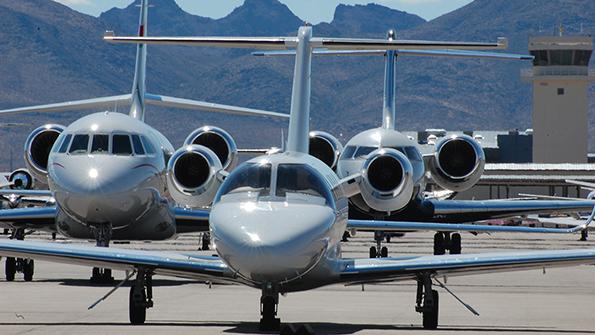
The COVID-19 pandemic has had a devastating impact on the aviation sector. Just how much was quantified by the European Business Aviation Association (EBAA) in an anonymous survey of 125 CEOs conducted March 26-April 2.
The survey revealed that one-third of European operators already had halted operations, and estimated revenue losses for the sector’s thousands of small businesses would be 50-90%. CEOs identified staffing, fixed location costs and taxes as the three most pressing financial issues.
The EBAA was quick off the mark to canvass its industry’s major pain points as European countries shut their borders and imposed stay-at-home orders. Meanwhile, business aviation provided an important avenue of transportation in the fight against the pandemic.
“We surveyed the CEOs, asking what their biggest concerns were, so that we could use that input as guidance as to what to focus on,” says EBAA Secretary-General Athar Husain Khan.
The EBAA since has been helping the EU shape plans for recovery and define the assistance role business aviation will need to play in the new world. The association’s input to the EU Commission has underscored the importance of workable, consistent regulations for the continuity and survival of business aviation, and the financial help that governments can provide for businesses across the spectrum from flight operations to infrastructure.
In the EBAA’s online survey, CEOs were queried in Austria, Belgium, Bulgaria, the Czech Republic, Denmark, France, Germany, Greece, Hungary, Ireland, Italy, Latvia, Luxembourg, Malta, the Netherlands, Poland, Spain, Sweden, Switzerland and the UK. Their companies employ a total of 374,000 people.
Some 50% of the respondents were business aviation operators, with the other half heading airport ground handlers, fuel suppliers, maintenance organizations, manufacturers and other dedicated service providers.
Since the survey, the EU has implemented a range of measures to help the aviation sector that include the deferral of air traffic control charges by Eurocontrol, further extending the deadline on ABS-D compliance and modifying pilots’ currency requirements.
